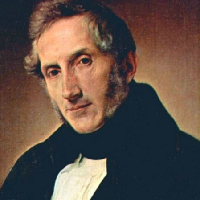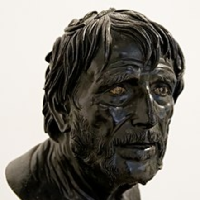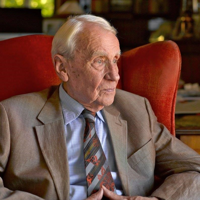{{ชื่อ}} ประเภทบุคลิกภาพ MBTI
บุคลิกภาพ
"Alessandro Manzoni ประเภทบุคลิกภาพประเภทใด Alessandro Manzoni เป็นประเภทบุคลิกภาพ ISTJ ใน mbti, 1w9 - so/sp - ใน Enneagram, RLOAI ใน Big 5, ESI ใน Socionics"
The focus of his whole literary production was the desperate research of his ideals in everyday situations (Fi). In particular for half of his life he tried to find a conciliation between the so called Vero (True), which was the ideal (Fi) and the Certo (Certain), which was history (Si). Extremely accurate historical search (Si) was the fundamental base of the writing of any novel and poetic composition. The Italian novel was invented by Manzoni himself (Ne) as an historical novel (Si), but his Si-Te-Fi use was so strong compared to his inferior Ne that his strict personality led him in 1840 to disown his own masterpiece “I Promessi Sposi”, because in the end he couldn’t find that conciliation between Si (history) and Fi (ideal) he had been seeking for thirty years of his academic life. Coincidentally Si and Fi are ISTJs’ main and tertiary cognitive functions, which are used in a fixated manner under stress and Manzoni is known to have suffered of mental issues for most of his life. To him poetry was the realistic expression of others’ thoughts and feelings while perfectly inserting them in the historical context (clear demonstration of Si-Te-Fi-Ne use). Then his Si-Te clearly got him to sit on the senator chair after the country had been unified in 1861, because of his interest towards the language and the education questions. He used to rationalise everything, from others’ feelings to his own conversion to Catholicism in 1810, how can he be an INFJ, please💀.
ชีวประวัติ
Alessandro Francesco Tommaso Antonio Manzoni (Italian: [alesˈsandro manˈdzoːni]; 7 March 1785 – 22 May 1873) was an Italian poet and novelist. He is famous for the novel The Betrothed (orig. Italian: I Promessi Sposi) (1827), generally ranked among the masterpieces of world literature.
บุคลิกภาพ correlate
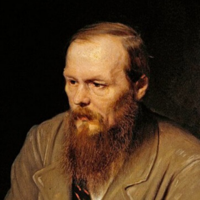
Fyodor Dostoevsky
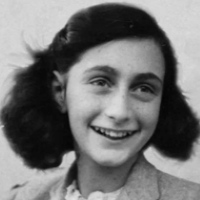
Anne Frank
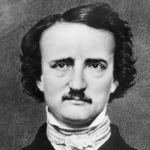
Edgar Allan Poe

William Shakespeare
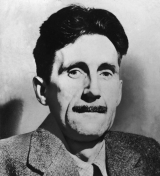
George Orwell
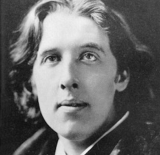
Oscar Wilde
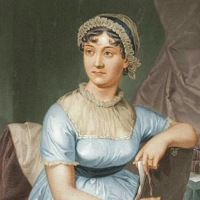
Jane Austen
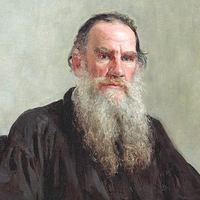
Leo Tolstoy (Лев Толсто́й)
